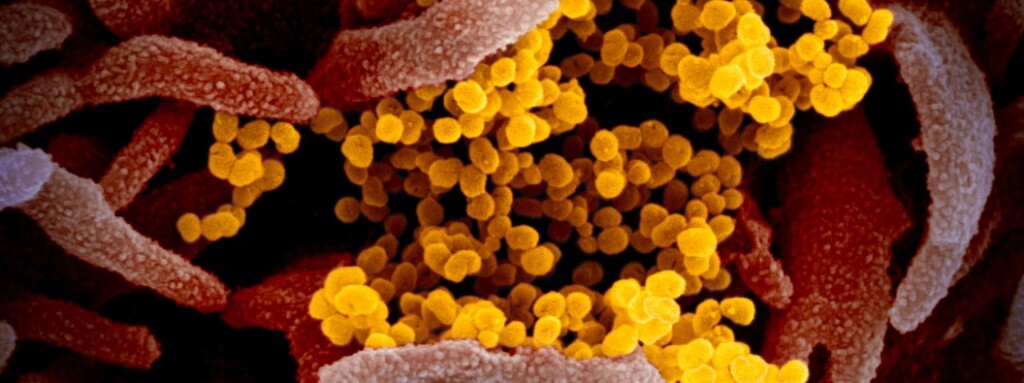Page 98 • (5,289 results in 0.035 seconds)
-
master’s degree in chemistry or applied physics. Focus areas in: polymer science, molecular sensors, PV/semiconductors and optics A professional network that will provide the foundation for a career. A resume with something on it. Close to 90% of student interns have regular positions within 3 months of completing their internships. More data about what industry is all about. Even if you think you want a PhD, this program allows you to gain insight on what the marketplace is looking for – allowing you
-
Courses PSYC 101 : Introduction to Psychology - ES An introduction to the scientific study of behavior and mental processes. Topics include learning, memory, perception, thinking, development, emotion, personality, mental illness, and social behavior. (4) PSYC 242 : Advanced Statistics and Research Design A continuation of Statistics 232 and accompanying lab taught by members of the psychology department. Topics include single- and multi-factor experimental designs and analyses of variance
-

Garcia Marrero ‘20 — she’s majoring in both psychology and sociology, has a passion for teaching and also enjoys student research and sustainability. That’s why she sought similarly flexible, versatile financial aid options when considering higher education destinations. “I didn’t want to graduate college with a lot of debt,” she said. “A lot of students graduate college with an average of $20,000 in (loans). So getting the 253 Bound scholarship was great because it covers my tuition for Pacific
-
one or more social and behavioral courses. We recommend you take the following courses since these offerings are typically required by OT schools: PSYC 101: Introduction to Psychology SOCI 101: Introduction to Sociology PSYC 320: Development Across the Lifespan PSYC 415: Abnormal Psychology Humanities Courses General education courses are also recommended to demonstrate competency in English composition, oral communication, problem-solving behavior, logic, and ethical theories.ExperienceIn order
-
one or more social and behavioral courses. We recommend you take the following courses since these offerings are typically required by OT schools: PSYC 101: Introduction to Psychology SOCI 101: Introduction to Sociology PSYC 320: Development Across the Lifespan PSYC 415: Abnormal Psychology Humanities Courses General education courses are also recommended to demonstrate competency in English composition, oral communication, problem-solving behavior, logic, and ethical theories.ExperienceIn order
-
Why Water?To begin with, water is the world’s most essential resource. Every living being needs water; not one species can survive without it. Yet water is frighteningly finite, becoming increasingly precious, and contested. As the global population passes seven billion, it is estimated that two-thirds of the worlds’ population – about 5.5 million people – will live in areas facing moderate to severe water shortages by 2025. Globally, coral reefs are vanishing and ice shelves in Antarctica and
-
ParentsCollege is a period of great change for students and their parents. The George Washington University Counseling Center designed a page to help you understand and prepare for some of the unique experiences your children may have during their college years. It can be downloaded here. Another resource for parents is College Parents of America. CPA is a national membership association that helps parents “prepare and put their children through college easily, economically and safely.” If
-
PLU introduces new data science major to meet growing demand in data-driven economy PLU officials recently announced the launch of a new data science major, which will commence this fall semester. This strategic addition responds to the escalating interest among undergraduates in coursework dedicated to data science and analytics. The highly collaborative mathematics and computer science departments will… May 6, 2024 Computer Science
-

gathered samples and expertly interpreted the amassed data. This research project was part of the Natural Sciences Summer Undergraduate Research Program (NSSURP). NSSURP allows student researchers to work directly with PLU faculty mentors to experience a learning dimension rarely accessible from the academic-year textbook and laboratory assignments. Research projects reflect the natural sciences fields of biology, chemistry, computer science, environmental studies, geosciences, mathematics, physics
-

will be executed across the world by any qualified researcher that is interested in participating. In less than one month, researchers from 13 US states plus four locations in other countries signed up to contribute samples during data collection. The researchers will investigate how psychological factors (e.g., perceived risk, knowledge, beliefs) and personal need for structure relate to psychological, behavioral, and health outcomes in response to the COVID-19 pandemic. When data collection is
Do you have any feedback for us? If so, feel free to use our Feedback Form.


